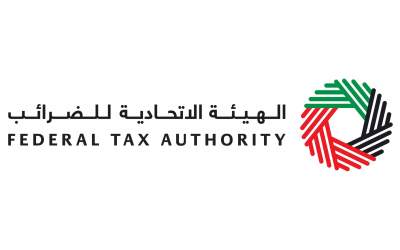The UAE Ministry of Finance (MoF) has announced amendments to the laws and regulations pertaining to tax groups, partnership exemptions and foreign permanent establishment exemptions.
Publish dateWednesday 25 December 2024 - 00:54
According to Amac News: Base on the UAE Ministry of Finance announcement, the amendments aim to improve compliance and strengthen the UAE’s position as a leading global business destination.
The amended rulings will apply to new tax periods from January 1, 2025, and provide a series of administrative conveniences and clarifications for businesses that form tax groups.
The amendments simplify the conditions for foreign legal entities that are recognized as resident in the UAE, as well as legal entities established in the UAE that are effectively managed and controlled outside the UAE, and facilitate compliance processes.
The amendments also specify the conditions under which tax groups must calculate taxable income based on the arm’s length principle. In particular, the need to calculate such income has been removed if the tax group earns income that qualifies for foreign tax credits.
Also, tax groups with tax losses before the group formation can carry forward these losses, which provides more flexibility and reduces compliance burdens in the corporate tax system.
The updated ministerial decision also provides tax groups with transparency and administrative convenience in relation to the partnership exemption and the exemption for foreign permanent establishments.
Regarding the partnership exemption, the new decision ensures that income related to the transfer of ownership under the qualifying group exemptions or business restructuring exemptions will not be subject to double taxation, even where the tax return provisions apply.
Furthermore, the asset test for the partnership exemption will only apply to related parties, making compliance easier for businesses investing in funds and similar structures.
The amendments also provide guidance on the adjustment of tax losses arising from partnerships, both within and outside tax groups, as well as clarity on the treatment of liquidation losses.
The decision also makes it clear that foreign permanent establishments whose assets and liabilities are transferred to companies can only benefit from the partnership exemption after the partnership profits have fully offset the accumulated tax losses of the permanent establishment, which aligns their treatment with other partnerships and enhances fairness in the corporate tax system.
The amended rulings will apply to new tax periods from January 1, 2025, and provide a series of administrative conveniences and clarifications for businesses that form tax groups.
The amendments simplify the conditions for foreign legal entities that are recognized as resident in the UAE, as well as legal entities established in the UAE that are effectively managed and controlled outside the UAE, and facilitate compliance processes.
The amendments also specify the conditions under which tax groups must calculate taxable income based on the arm’s length principle. In particular, the need to calculate such income has been removed if the tax group earns income that qualifies for foreign tax credits.
Also, tax groups with tax losses before the group formation can carry forward these losses, which provides more flexibility and reduces compliance burdens in the corporate tax system.
The updated ministerial decision also provides tax groups with transparency and administrative convenience in relation to the partnership exemption and the exemption for foreign permanent establishments.
Regarding the partnership exemption, the new decision ensures that income related to the transfer of ownership under the qualifying group exemptions or business restructuring exemptions will not be subject to double taxation, even where the tax return provisions apply.
Furthermore, the asset test for the partnership exemption will only apply to related parties, making compliance easier for businesses investing in funds and similar structures.
The amendments also provide guidance on the adjustment of tax losses arising from partnerships, both within and outside tax groups, as well as clarity on the treatment of liquidation losses.
The decision also makes it clear that foreign permanent establishments whose assets and liabilities are transferred to companies can only benefit from the partnership exemption after the partnership profits have fully offset the accumulated tax losses of the permanent establishment, which aligns their treatment with other partnerships and enhances fairness in the corporate tax system.
amacnews.com/vdch.6nit23nxz10d2.html
Source : news agency wam
Most viewed















